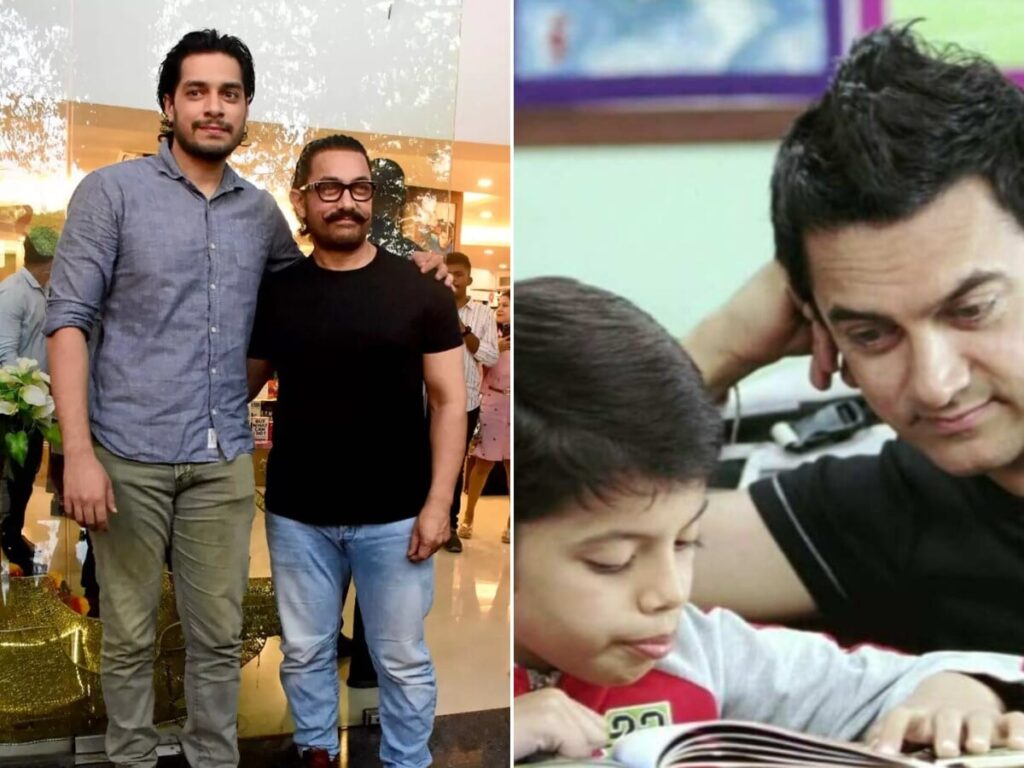Recently, Aamir Khan’s son, Junaid Khan, opened up about his experiences with dyslexia in an interview. Dyslexia, a learning disorder that affects reading, can pose significant challenges, but understanding and support can pave the way for success. Junaid shared that his parents first discovered his dyslexia after he read the script for “Taare Zameen Par,” a film that explores children’s learning difficulties. This reveals not only the impact of family support in identifying such challenges but also highlights the importance of awareness regarding learning disorders.
Understanding Dyslexia
Dyslexia is more than just a reading difficulty; it can influence various aspects of academic performance and self-esteem. Below are some key characteristics of dyslexia:
| Characteristics of Dyslexia | Description |
|---|---|
| Difficulty Reading | Individuals may read at a slower pace and struggle with spelling. |
| Poor Comprehension | Understanding the material read can be challenging, leading to gaps in knowledge. |
| Problems with Writing | Writing can include numerous spelling errors and trouble organizing thoughts. |
| Memory Issues | Recalling information, such as facts or sequences, may be problematic. |
The Role of Family Support
Junaid Khan’s experience underscores the importance of family in recognizing and addressing learning difficulties. Early detection and intervention are crucial for managing dyslexia effectively. Parents can play a pivotal role by:
- Being observant of their child’s reading habits.
- Encouraging a positive attitude towards reading.
- Seeking professional assessments if learning difficulties arise.
- Providing resources such as tutoring or specialized programs.
Breaking the Stigma
Conversations surrounding dyslexia often carry stigma, leading to misunderstanding and lack of support. Public figures like Junaid talking about their experiences can significantly contribute to reducing this stigma. Such dialogue can foster an inclusive environment where individuals with learning disabilities are recognized for their strengths and abilities, rather than their challenges.
Conclusion
Junaid Khan’s candid discussion about his dyslexia not only highlights the critical nature of awareness in educational settings but also emphasizes the supportive role of family in navigating learning difficulties. As society continues to evolve in its understanding of learning disorders, it is essential to foster an environment that empowers those affected to unlock their potential. Dyslexia, when supported appropriately, does not define an individual’s capabilities, but rather is a part of a broader narrative of resilience and achievement.
